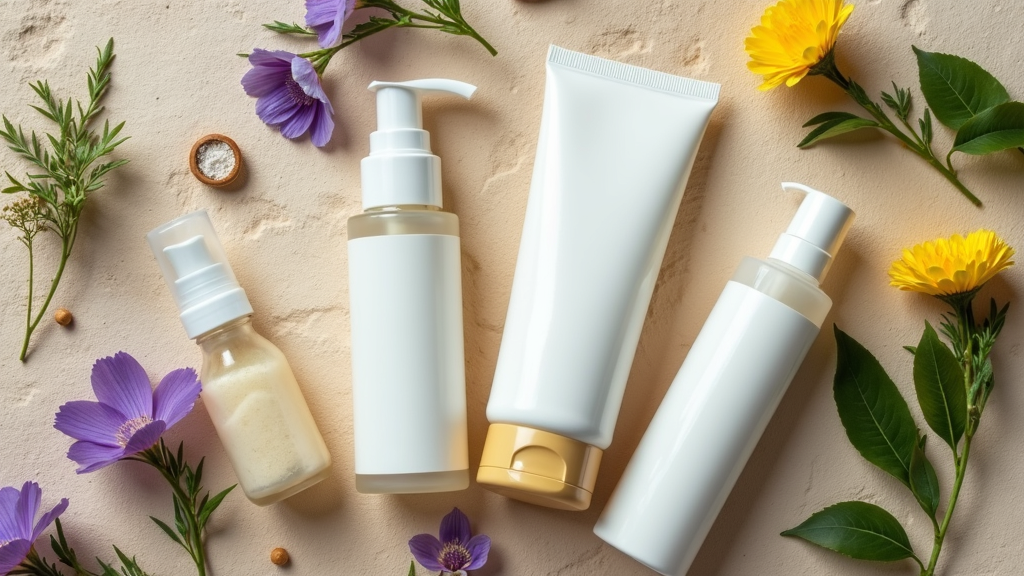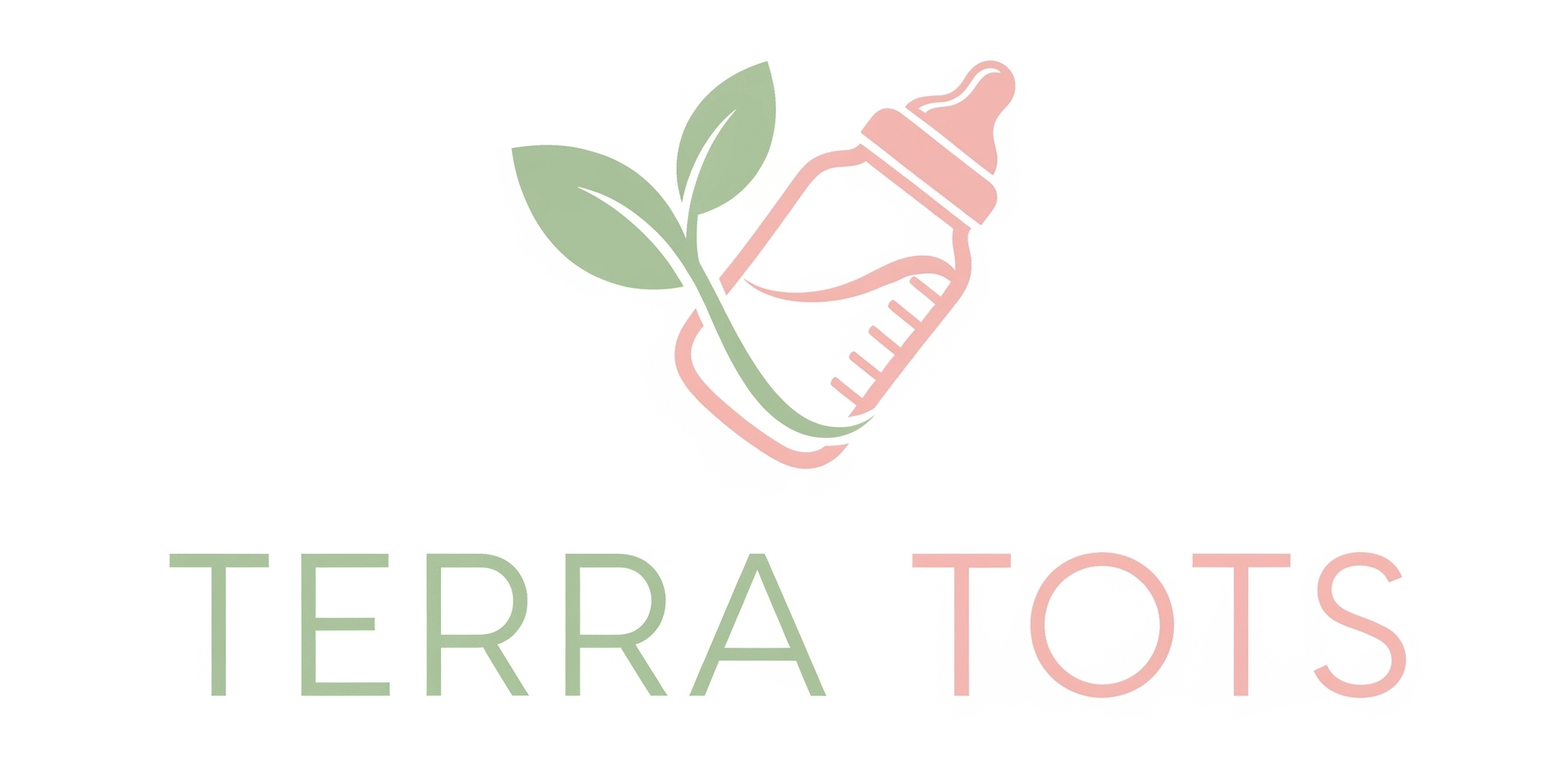Baby skin is fragile and needs extra attention, especially compared to adult skin. The environment outside the womb is a big change for tiny ones, and their skin is learning to adjust. This is why I really appreciate using organic baby skincare; it’s gentle, straightforward, and skips many harsh ingredients that can show up in regular products. If you want to give your baby the safest start, this super detailed guide checks out the benefits and practical tips for choosing organic skincare for your little one.

Why Organic Skincare Matters for Babies
Newborn babies come from the safety of the womb, a perfectly controlled environment where their skin isn’t exposed to air, sunlight, or irritants. Once they arrive, their skin has to quickly get used to the world, which can sometimes cause dryness, rashes, or little bumps called milia. Baby skin is thinner and more sensitive than adult skin, so it’s more likely to react to chemicals, fragrances, and preservatives found in some common creams and lotions.
Organic baby skincare steps in as a kinder choice. Since it avoids artificial ingredients and tough chemicals, there’s a lower risk of irritation, allergic reactions, or flare-ups of conditions such as eczema. Most organic brands keep their ingredient lists short, which makes it much easier to spot anything that might be a problem. Plus, since baby skin absorbs more compared to adult skin, it’s wise to be careful about long-term exposure as well.
Key Benefits of Organic Products for Baby Skin
I’ve observed several real perks with organic baby skincare, especially for babies who need extra TLC:
- Softer Ingredients: Organic creams and lotions usually use plant oils, rich butters, and calming botanical extracts. These are much friendlier for sensitive skin compared to synthetic options or petroleum fillers.
- Manages Rashes and Irritation: Many parents use organic balms or ointments to handle diaper rash or dry spots. Many formulas have natural anti-inflammatory agents, like chamomile and calendula, that can help soothe quickly.
- Keeps Skin Moisturized: Baby skin needs plenty of moisture. Ingredients like coconut oil, shea butter, and aloe vera hydrate deeply without blocking pores or leaving strong scents behind.
- Aids Skin Healing: Minor scratches or eczema patches can show up anytime. Gentle organic lotions and creams can support faster healing, thanks to natural antioxidants and vitamins.
- No Harsh Chemicals: Organic labeling usually means no parabens, phthalates, artificial dyes, and tough preservatives—these are popular irritants that you don’t want on your baby’s skin.
- Environmentally Friendly: Organic farming uses fewer pesticides and encourages healthy soil. Choosing these products supports cleaner water and less pollution, which feels good, too.
What Makes Baby Skin Different?
Healthy baby skin acts like a strong shield but is not fully mature after birth. It’s only about half as thick as adult skin, making it more likely to lose moisture and soak up whatever you apply. Babies also sweat less, and their oil glands are still “warming up,” so they’re likely to experience dryness, flakiness, or even become overheated.
During the first year, rashes and little red spots are pretty normal. A gentle routine using organic products helps support your baby’s evolving skin without the risk of overwhelming it with chemicals or synthetic fragrances.
How to Start an Organic Baby Skincare Routine
Getting started with an organic approach to baby skin doesn’t have to be complicated. Here’s my step-by-step breakdown:
- Choose Simple Cleansers: Pick mild, fragrancefree organic washes. These keep your baby’s skin clean without stripping away natural oils. Stay away from washes with sulfates, since they can be too drying for soft skin.
- Moisturize After Baths: A light layer of organic lotion or oil, such as coconut or almond oil, works well to seal in moisture. Putting it on while the skin is still a little damp helps even more.
- Spot Treat Rashes: For diaper rash or dry patches, organic balms with calendula or shea butter bring relief. Pick products made for babies specifically so you dodge any sneaky irritants.
- Apply Sunscreen Thoughtfully: Babies under six months should avoid direct sun as much as possible. For older infants, choose organic, mineral-based sunscreen meant for kids, and use it only when you really have to (shady spots and hats help a lot).
Common Ingredients in Organic Baby Skincare
- Coconut Oil: A gentle moisturizer and cleanser that protects and soothes skin.
- Shae Butter: Rich and soothing, it helps keep moisture in and helps dry skin recover.
- Calendula Extract: Calms red or irritated skin and supports healing for minor rashes and scrapes.
- Chamomile: Known for its soothing and anti-inflammatory properties, it’s great for itchy or sensitive spots.
- Aloe Vera: Hydrates and cools; it’s safe for even the softest newborn skin.
- Olive Oil: Loaded with antioxidants, olive oil is perfect for gentle massages and shielding the skin barrier.
Things to Think About When Choosing Organic Baby Products
The word natural shows up all the time, but not every “organic” product is equal. A little bit of label reading helps you figure out what’s actually in the bottle. Here’s what I keep in mind when picking skincare for my baby:
- Check Certifications: Good organic products usually show certifications like USDA Organic or COSMOS Organic. These show that a brand is sticking to set quality standards, not just using “organic” as a trendy word.
- Review Ingredients: Short ingredient lists with easy-to-pronounce items are a great sign. The fewer the ingredients, the lower the chance of a reaction.
- Avoid Synthetics and Fragrances: Even natural scents (like some plant oils) can be a bit much for baby skin. Go for fragrancefree or products only lightly scented with real extracts.
- Packaging Counts: Look for minimal, recyclable packaging—some of the top organic brands also take care to keep their footprint as small as possible.
How to Spot Reactions
Even gentle products are not immune to causing reactions. If you see redness, bumps, or if your baby seems unhappy, pause use and check in with your pediatrician. Testing new creams on a tiny spot first can help avoid bigger issues down the road.
Real Life Uses: How Organic Skincare Can Help
- Diaper Rash: Thick organic balms made from zinc, calendula, and coconut oil have soothed my baby’s diaper rash way quicker than synthetic ointments, and without greasy residue.
- Dry Cheeks in Cold Weather: Shea butter is my go-to for chapped cheeks during cold months. It soaks right in and acts like a barrier against wind and chill.
- Cradle Cap: A gentle rub with organic olive oil after a bath helps loosen flakes and calms any redness.
Frequently Asked Questions
Question: Do organic baby skincare products cost more?
Answer: Organic options are sometimes a bit pricier, but a single bottle often lasts months because you use so little at a time. For many, that little extra spending is worth feeling relaxed about what goes on your baby’s skin.
Question: Can I make my own organic baby products?
Answer: Simple items like coconut oil or homemade balms with shea butter and calendula are good options. Always choose top-quality, pure ingredients and run them by your pediatrician before making anything new for your baby.
Question: Are organic products always totally safe?
Answer: Organic is usually gentler, but every baby is different. Even natural things can cause a reaction for some, so always try a patch test and keep an eye out for any irritation.
Organic Skincare and Your Baby’s Everyday Routine
Building a gentle routine with organic products is one of those easy steps that can help your baby’s skin stay soft, healthy, and less likely to develop rashes. It’s about picking lotions, balms, and washes that are straightforward and meant for sensitive skin, so there’s less to worry about. Keeping it simple is often best—the fewer products you use, the better for both your baby and your own peace of mind.
Selecting organic is truly about giving your baby the best shot at happy, comfy skin during those critical early days. Gentle choices today can make all the difference as their skin continues to develop and get used to our world. Wrapping up, a simple organic routine can truly give your little one a great start.
